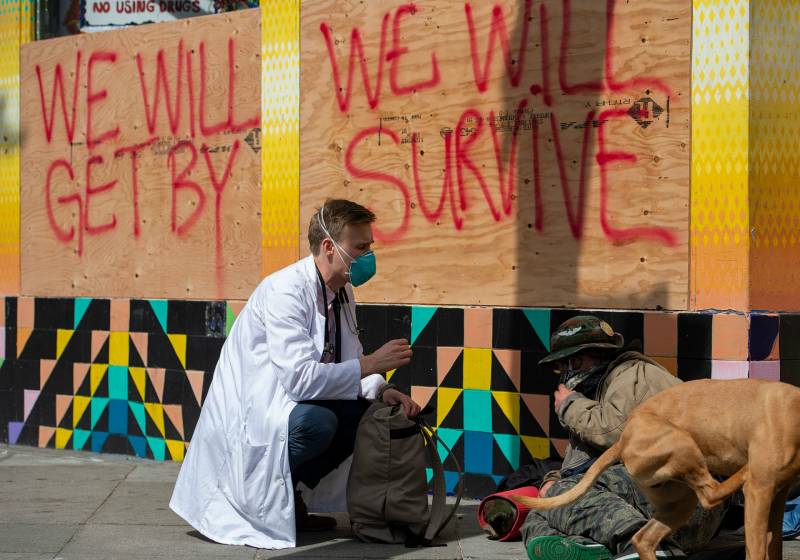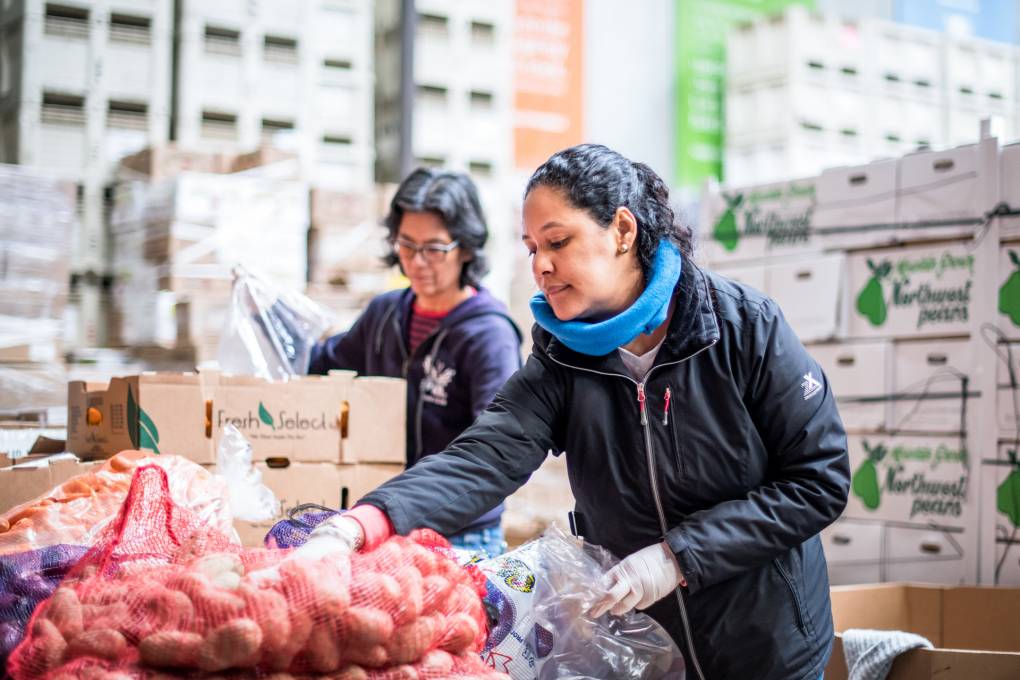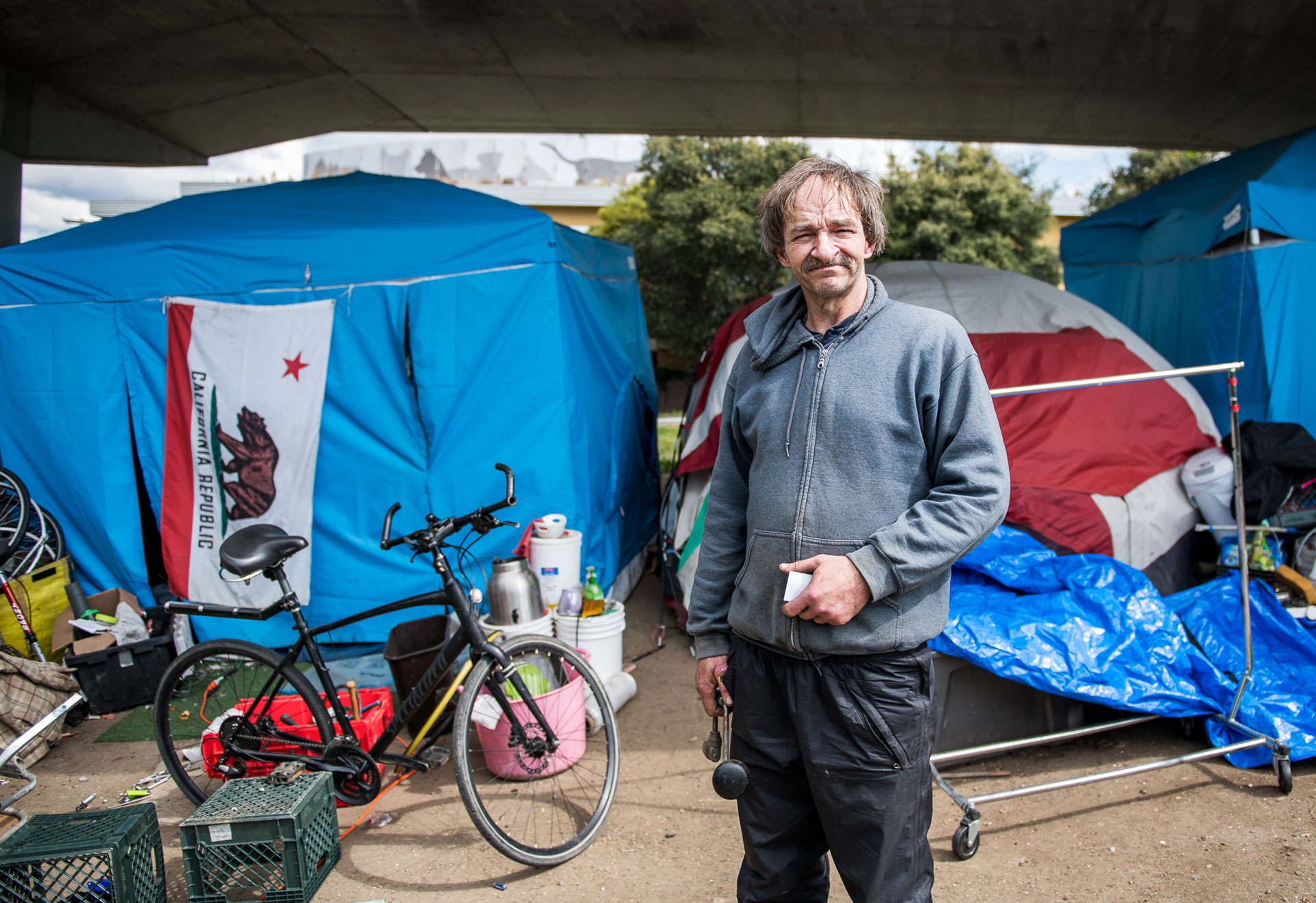Updated 4:30 p.m. Monday, March 23
San Francisco city officials said Monday they had identified more than 8,000 hotel rooms to possibly use to house people who need a place to self-isolate as the city tries to slow the spread of the coronavirus.
Trent Rhorer, director of the city’s Human Services Agency, said he expects the city will need to rent hotel rooms for up to 4,500 people. So far, the city has communicated with 31 hoteliers who said they have rooms available for rent, he said.
The first priority will be given to people who have tested positive for COVID-19 or who are awaiting test results but don’t have a home where they can quarantine alone. This could include people experiencing homelessness, living in residential hotels or other congregate settings, such as shelters. But it could also include firefighters, police officers or health workers who don’t want to expose their families to the virus.
A coalition of San Francisco County supervisors is also pushing for the city to offer hotel rooms to anyone who is homeless and doesn’t have anywhere to shelter in place – regardless of whether they are experiencing symptoms of the virus or are considered at risk.
“We believe that just like you and I, they should have an opportunity to keep themselves safe,” said Supervisor Hillary Ronen. “[They should be able] to shelter in place and keep all of us safe.”
More than 300 rooms were available as of Monday, Rhorer said. The city has leased rooms for 60 people so far. The city hopes to allow people to move into more rooms as early as Tuesday.
City officials also intend to use hotel rooms to relieve pressure on hospitals.
Dr. Grant Colfax, the head of San Francisco’s Department of Health, said “twenty to thirty” patients at Laguna Honda Hospital right now are well enough to get care outside of the hospital and will be offered hotel rooms. He described the patients as people “physically and mentally able to be supported outside a hospital setting,” who are not under investigation for having the coronavirus.
The news came as counties across the Bay Area mobilize resources to protect residents who are homeless during the coronavirus pandemic.
Gov. Gavin Newsom’s office announced last week that it would spend up to $150 million in emergency funding to lease hotel rooms and purchase trailers to house people experiencing homelessness and help slow the spread of COVID-19.
The state is using $50 million to buy about 1,300 travel trailers and to help cities and counties lease hotel rooms, Gov. Gavin Newsom said Wednesday. More than 950 hotels and motels across the state have been identified as potential lease sites, he said.



